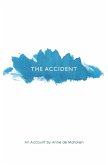Partly is a wonderland greenhouse that Jack built and then allowed us to enter and it glows like a signal that means human beings can be great observers and creators of beauty and fun, all because of what exists. Greatest are the computer anagrams and statements that lay out some lovely mistakes. Bernadette Mayer, author of Works And Days Jack Collom and his poetry were inseparable. Both were humorously profound, and right up to the end filled with an (almost) innocent wonder at all the world has to offer. Language was his toy, his place, his way of communicating with us and with nature. Lucy R. Lippard, author of Undermining: A Wild Ride Through Land Use, Politics and Art in the Changing West Jack Collom wrote with a wider range and bigger heart than any other North American poet of the past 100 years. His books are field guides to everything that makes you love poetry. Partly is like a great day's scramble through bramble bushes, bogs, over boulders, under trees, into the world of birds, vernacular speech, posters of snow leopards, moss, lichen, watch out for that cactus! It is fun and rough & tumble. I'd rather spend a day with a Jack Collom book than in the Library of Congress. Andrew Schelling, author of Tracks Along the Left Coast: Jaime de Angulo and Pacific Coast Culture. Jack Collom lived a life of poetry as few ever do or could -- not just sharp and freshly-moving poems, but a heart of compassion and quiet jest; constant open eye and spirit for the youngest and oldest beings who crossed his path. Jack was the very meaning of "soul". His legacy is more than just writings and teachings, it's a whole life. It will grow. Gary Snyder, author of The Great Clod: Notes and Memories on the Natural History of China and Japan Jack Collom's poetic ethos is resoundingly affirmative. In a word? Everything. In poetry, Collom found a resource that couldn't be extinguished-"made of meaning and unmeaning," and seeded with "embryo specks of beauty and kindness." No harmony, no dissonance, no particular, no universal, no absurdity, and neither and tenderness need be-could ever be!-excluded from his exploration. (As he writes in the forward to this book, "Noticed I was discovering (not simply recording) what I knew.") To read these poems is to understand that poetry is breath which becomes the lung, breathing through and with it. How fortunate that we can respire and inspire with Jack Collom, for here is a poet who had the humility to know that absolutely nothing was beneath his attention and the genius to track poetry's wonder into endlessness. Elizabeth Robinson, author of On Ghosts and Rumor Partly, Jack Collom's last personally selected poems written over many decades, is a rambling trove of his left-hand poetics of the ordinary and the fanciful, the quick and the careful. If ordinary and fanciful, care and quickness seem contradictory, they are not in these poems (and graphics) where they are made and arrive in the same gesture. This is what I have always loved in Jack's poetry, the warmth of personal feeling in the spontaneous take and movability of context allowed for the words chosen, or lines drawn. Little concern for direction and finish-line, these poems are made from his momentary love of this act. Reed Bye, author of Join the Planets
Hinweis: Dieser Artikel kann nur an eine deutsche Lieferadresse ausgeliefert werden.
Hinweis: Dieser Artikel kann nur an eine deutsche Lieferadresse ausgeliefert werden.

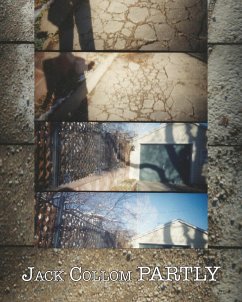
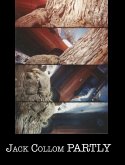
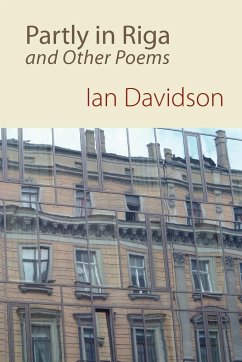
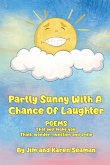
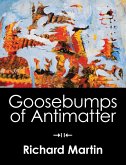
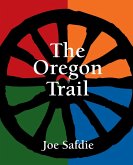
![Sweet-Voiced [Mutilated] Papyrus Sweet-Voiced [Mutilated] Papyrus](https://bilder.buecher.de/produkte/60/60686/60686330m.jpg)
